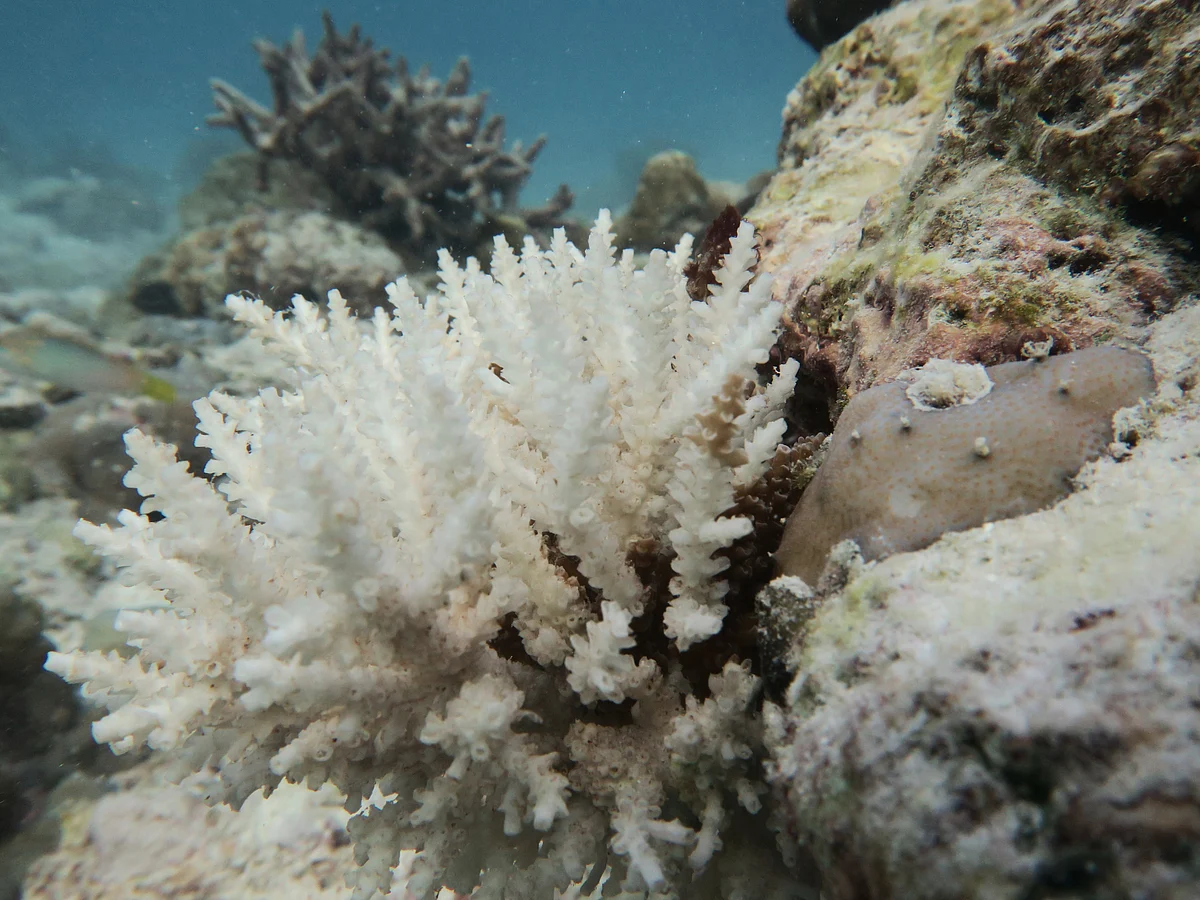Teresa Alcoverro
teresa@ceab.csic.es
Adjunct Faculty
Ph.D.
My current research interests examine how biotic process and human disturbances influence the flow of energy between trophic levels both within and between marine habitats, particularly in submerged vegetated habitats. I experimentally assess grazing intensity and population dynamics of herbivores (sea urchins, herbivorous fish, green turtles and dugongs) in temperate and tropical seagrasses, and the response of these ecosystems to changes in the seascape. This helps us better understand the factors that shape the productivity and health of seagrass meadows.
Apart from this, I am also interested in the use of biodindicators in seagrass ecosystems to detect water quality and ecosystem change, mainly by developing indices for the same.
This research attempts to understand the processes that control the distribution and productivity of seagrass dominated habitats. It is essential to improve the management and conservation of seagrass meadows, which are vital to marine life and coastal protection.
Projects
Publications
Journal Article
2017
Coping with catastrophe: foraging plasticity enables a benthic predator to survive in rapidly degrading coral reefs
Dataset
2016
Long-lived groupers require structurally stable reefs in the face of repeated climate change disturbances.
Journal Article
2016
For traditional island communities in the Nicobar archipelago, complete no-go areas are the most effective form of marine managementFor traditional island communities, no-go areas are the most effective form of management
Journal Article
2016
"Choice" and destiny: The substrate composition and mechanical stability of settlement structures can mediate coral recruit fate in post-bleached reefs
Journal Article
2015
Seagrass Herbivory Levels Sustain Site-Fidelity in a Remnant Dugong PopulationSeagrass Herbivory Levels Sustain Site- Fidelity in a Remnant Dugong Population
Journal Article
2015
Erosion of Traditional Marine Management Systems in the Face of Disturbances in the Nicobar Archipelago
Journal Article
2015
Fish community reassembly after a coral mass mortality: higher trophic groups are subject to increased rates of extinction
Journal Article
2014
Long-lived benthic predators require structurally stable reefs in the face of repeated climate-change disturbances
Journal Article
2013
Long-Term occupancy trends in a data-poor dugong population in the Andaman and Nicobar Archipelago
Journal Article
2013
Complex ecological pathways underlie perceptions of conflict between green turtles and fishers in the Lakshadweep Islands.
Journal Article
2013
Green turtle herbivory dominates the fate of seagrass primary production in the Lakshadweep islands (Indian Ocean)
Journal Article
2013
Greener pastures? High-density feeding aggregations of green turtles precipitate species shifts in seagrass meadows
Journal Article
2012
Structure and dynamics of South East Indian seagrass meadows across a sediment gradient
Journal Article
2010
Implications of conserving an ecosystem modifier: Increasing green turtle (Chelonia mydas) densities substantially alters seagrass meadows
Journal Article
Anvil use by three wrasse species: Halichoeres hortulanus, Thalassoma jansenii, and Thalassoma lunare

